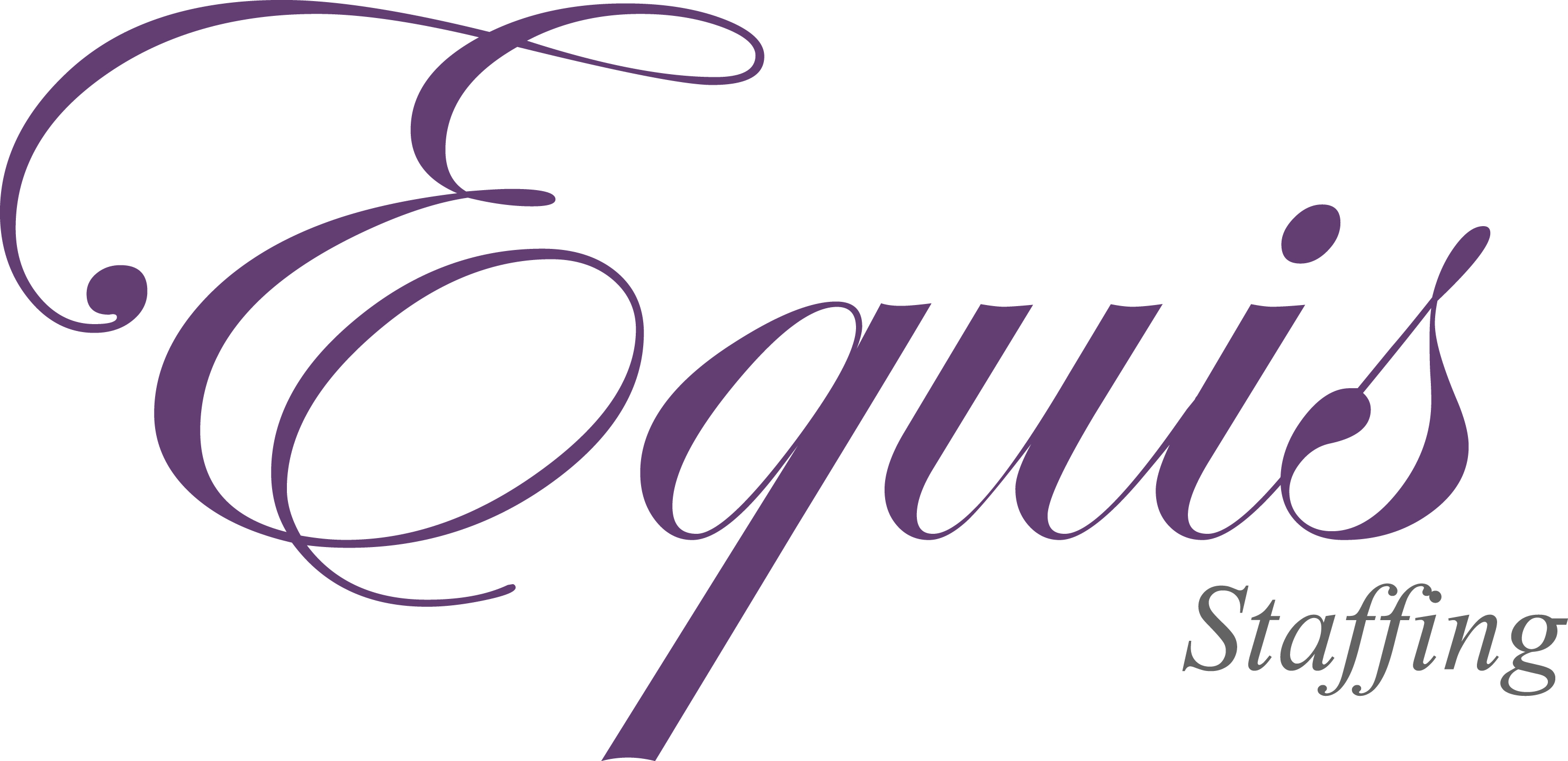Are you planning your next career move carefully?
Most C-level executives will answer that question with a resounding yes. They’ve thought about their career path, considered their goals and achievements, and are ready to transition into a new role with a new company. But is there anything that these C-level candidates are missing?
It’s no secret that the majority of C-level executives have traditionally stayed in their roles for long periods of time and achieved great degrees of success. On paper this is a good thing, but it can actually negatively affect a job search. Many of these candidates lack experience in searching for jobs in today’s climate, and may assume that by default they are the most qualified candidate for any job they apply to. This state of mind can lead to frustrating situations during a job hunt as candidates wonder why they’re not landing the job – or even receiving a call back.
Here are the four most common mistakes that C-level executives make when searching for a new job:
A “me me me” attitude.
When C-level candidates think about a job search as something solely meant to improve their own position, they ignore a very important aspect of the search: job interviews are about the company, not the candidate. They enter the job interview with the attitude that the interviewer should be answering their questions and the company should be working to impress them. In truth, the job interview should have more equal footing between the candidate and the company. Job interviews are an opportunity for both company and candidate to determine if it’s the right fit and learn what the other party has to offer.
C-level candidates should remember to sell themselves early in the job interview process. Don’t assume that the interviewer knows you are a good candidate; convey your experience through relevant job-related success stories and demonstrate how you would bring value to the company and its operations.
The unicorn complex.
Some C-level candidates believe they are a unicorn (i.e. the only person that could possibly be qualified for the job). The reality is that no one is “the perfect candidate.” They are many other candidates that could fill the position, so it’s important for C-level candidates to remember to communicate their experience and how it specifically relates to the job.
C-level candidates may also be contacted by executive recruiters that give the impression that the candidate is indeed a unicorn, but it’s important to remember that a company’s priorities can change at any time during a search. A skilled interviewee is always assessing the company’s objectives and affirming how they meet those objectives.
You are not guaranteed any position, so put extra effort into differentiating yourself from the competition, be open to feedback, and display humility during the job search process.
No strategy.
You wouldn’t approach a work project without a game plan, so why go into a job search without any preparation? C-level candidates should set long-term goals for their careers as well as shorter-term goals for the job search at hand. Once you have this knowledge, you can develop a strong strategy for finding your next opportunity. Create a targeted list of employers that match your goals, then research those companies and tailor your resume for each opportunity. A C-level job search is the wrong time to use a cookie-cutter approach.
Think about yourself as a product – you are selling yourself to these companies. Develop a unique selling point that illustrates your experience and convinces the interviewer that you are a good fit for their particular position.
Underdeveloped networks.
Many C-level candidates fail to build relationships while on a job hunt. They may view the job interview process (email, phone interview, onsite interview) as purely transactional and forget that there is another person on the other end of these communications. Start thinking about the job hunt as an opportunity to develop your network and create strong professional relationships.
Some C-level candidates may also face the reality that they haven’t taken time to build these relationships in the past, and now have limited connections to leverage. It’s important to develop your professional network even when you are not job searching. You are never too busy to build a network!
The mistakes mentioned here are common, but thankfully they are things that almost any candidate can bounce back from. Don’t worry if you’ve made these mistakes in the past – the only thing that matters now is learning from them and growing.
If you are looking to hire an IT, Accounting, or Finance professional, or work in any of those fields and looking to advance your career, you can contact Equis Staffing via email at info@equisdifference.com or give us a call at (818) 444-0100.




.png)
Comments